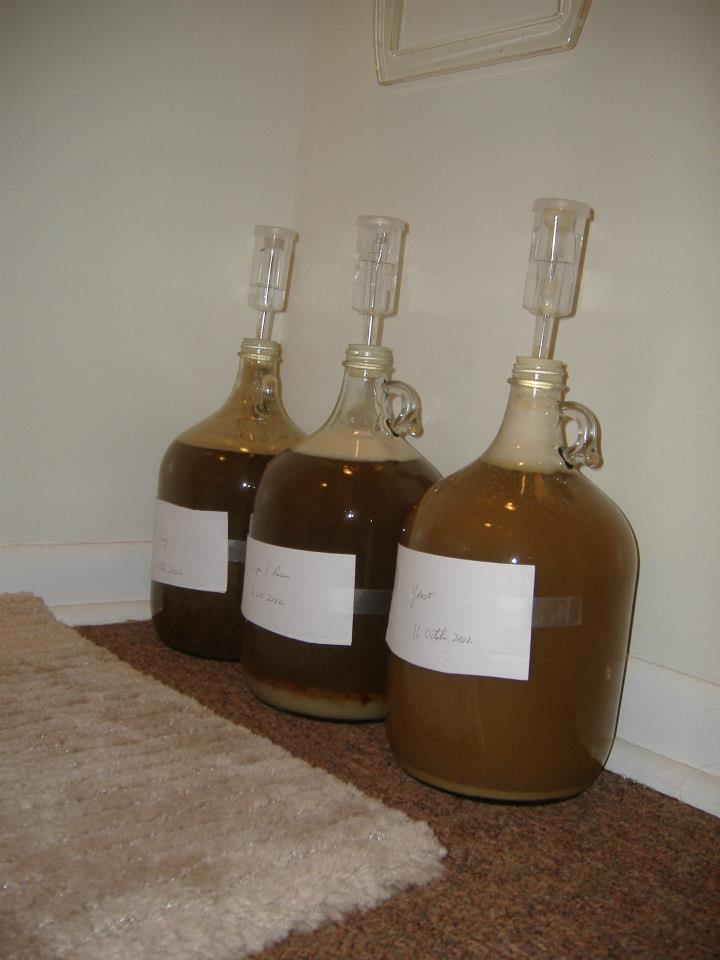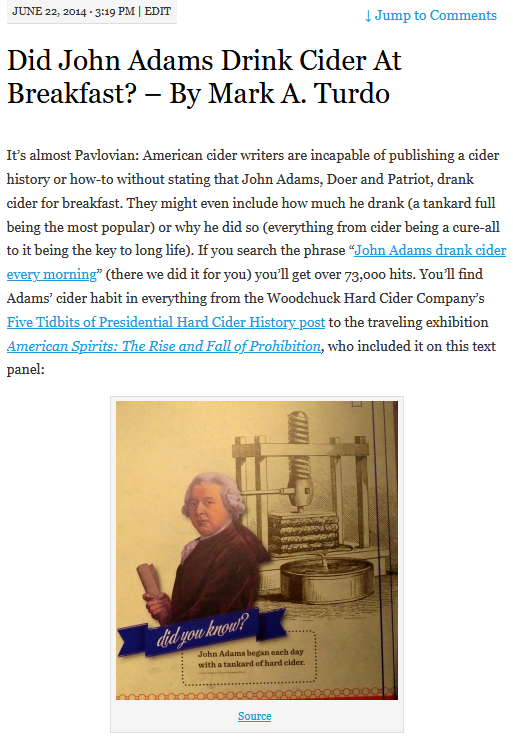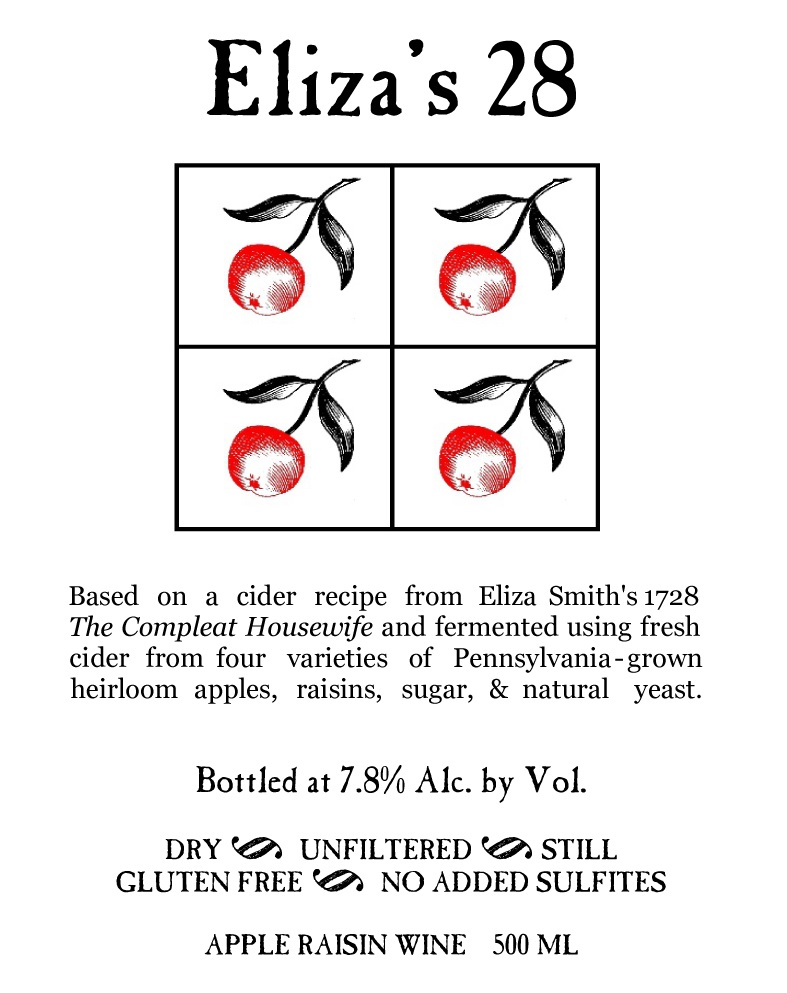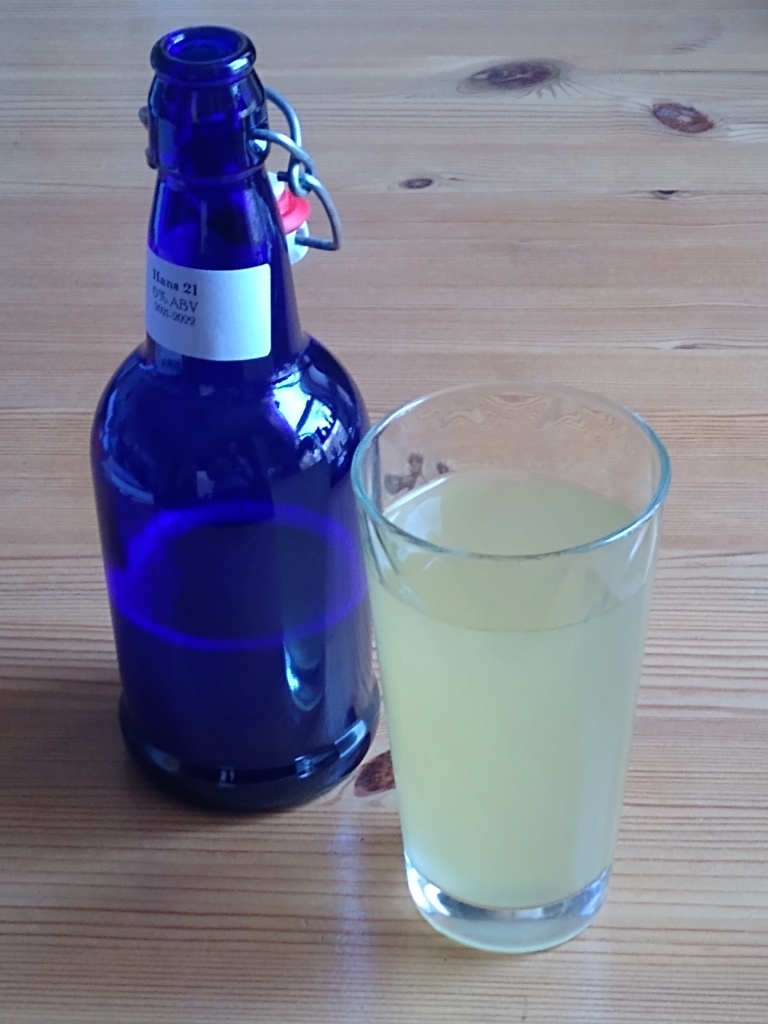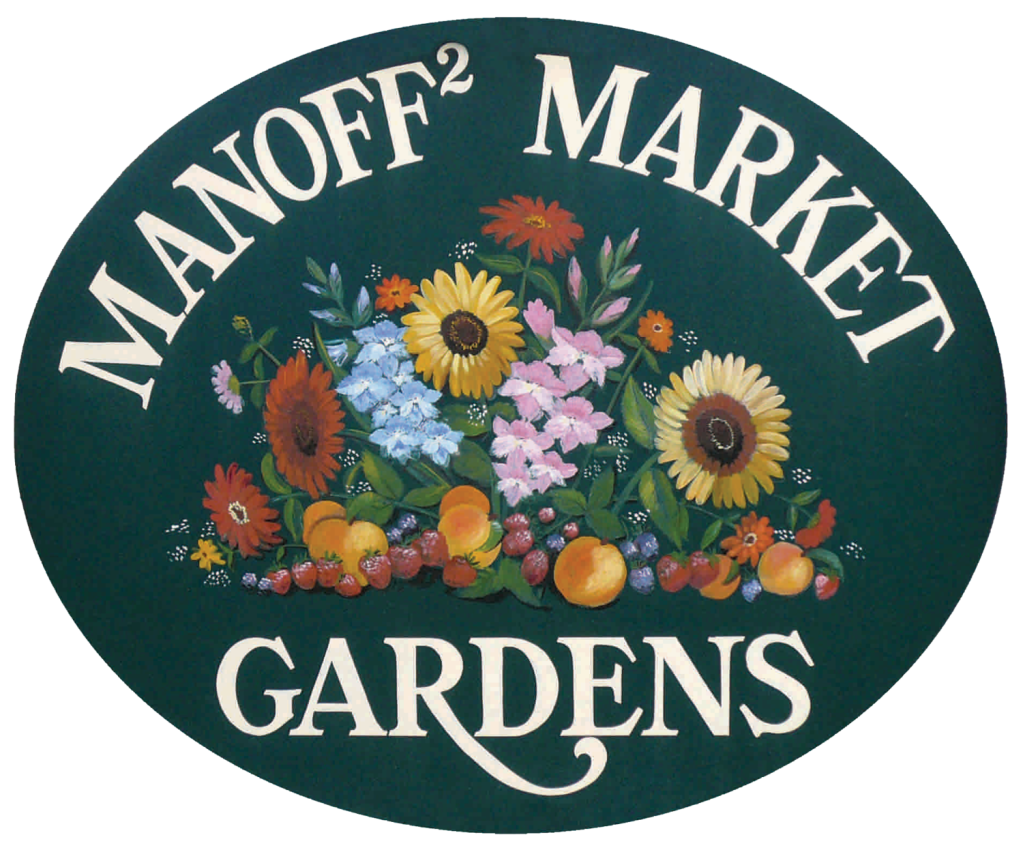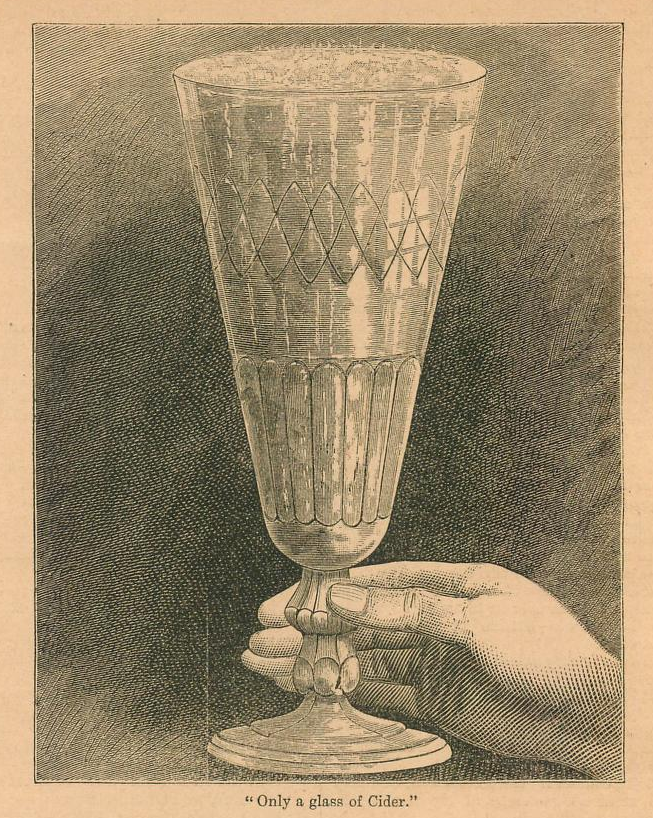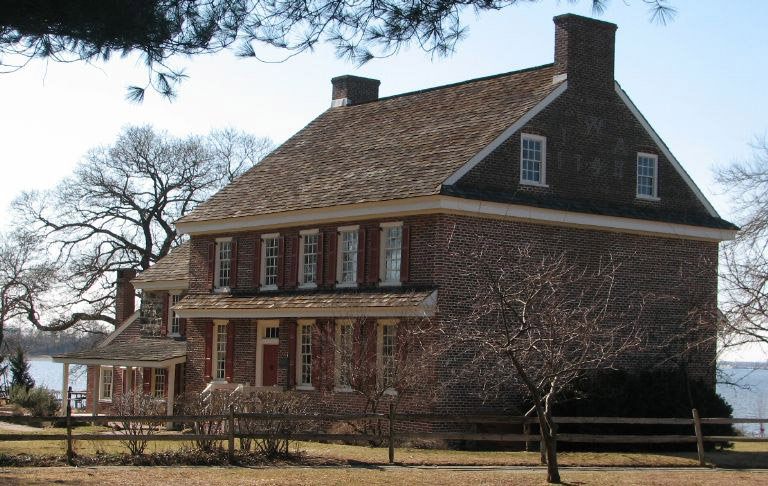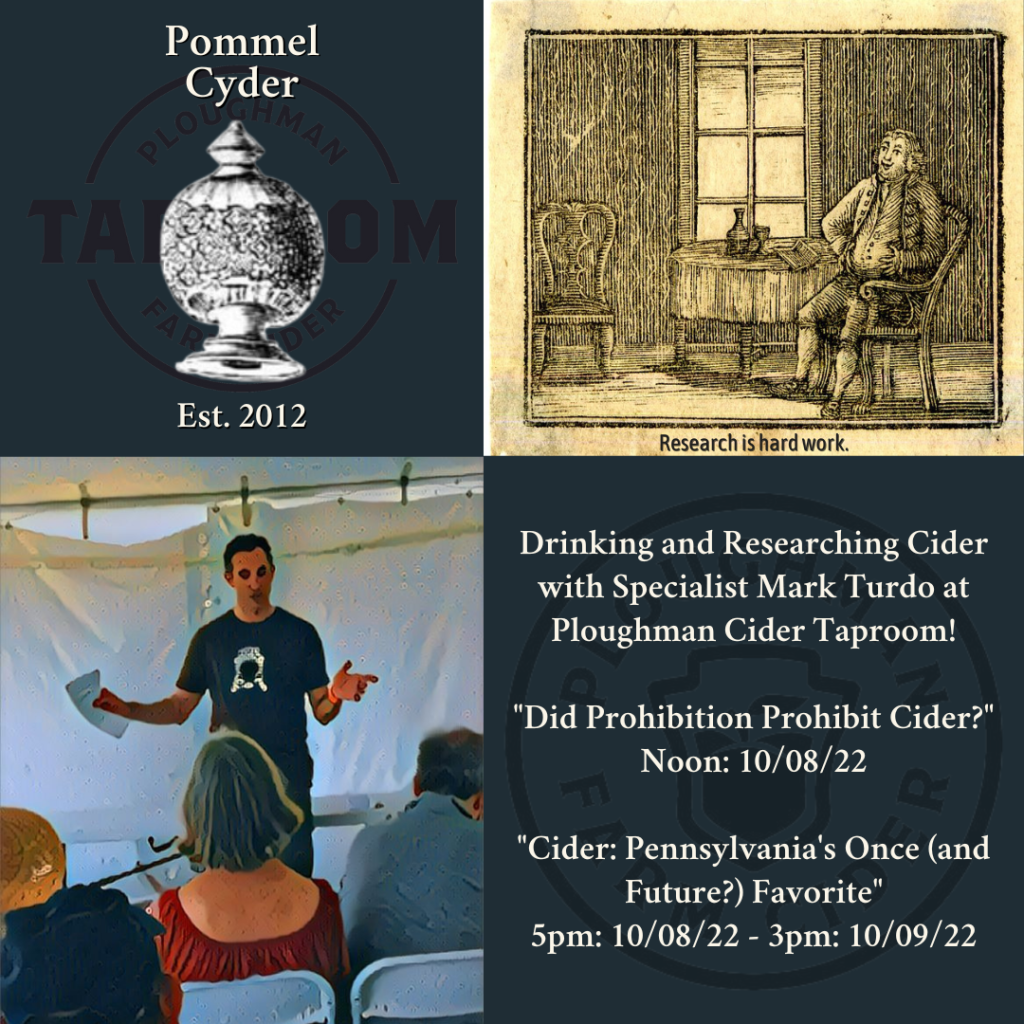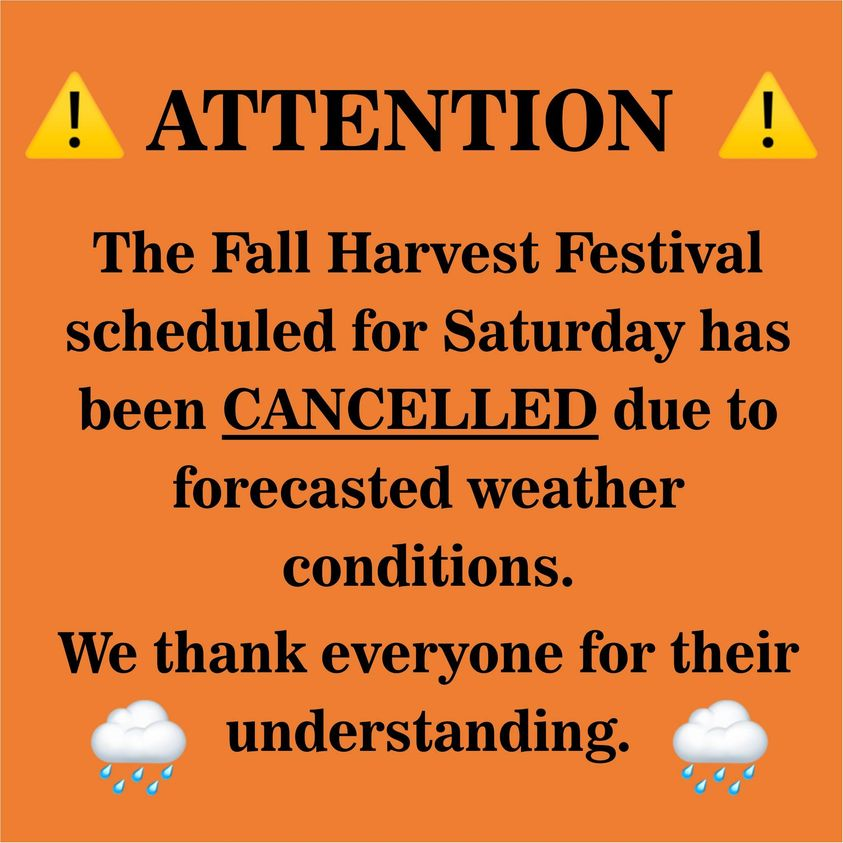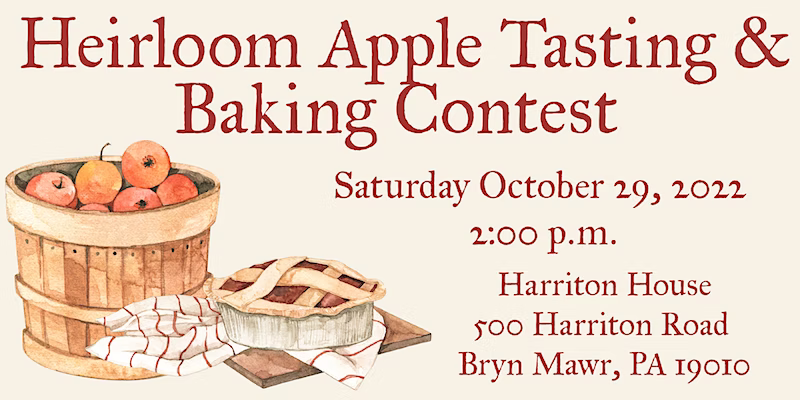This fall is Pommel Cyder’s tenth year of adventures in cider research and experiments in cidermaking. In honor of this aluminum anniversary, here are highlights from each of the last ten years.
2012 First Ciders In the Bathroom
I walked in the front door carrying five gallons of fresh-pressed, unpasteurized juice and gleefully told my wife I was going to make hard cider. Concerned that I was going to create bottle bombs, she asked that I do everything in the downstairs bathroom. It was also made clear that when they exploded, I would be cleaning it up. So with three gallons of juice, I made an 18th-century-inspired cider, a clover honey cyser, and an ale yeast-fermented cider. I am happy to report nothing exploded (then or ever).
Which is to say, Pommel Cyder was literally born in a bathroom.
2013 The Pommel Cyder Blog Launches
Dave Barry once said, “there is a very fine line between ‘hobby’ and ‘mental illness.’” It was clear, to me anyway, that cider was going to straddle that line for me. It combined many of my historical interests, including researching, writing, and recreating. A blog seemed like a good way to share those efforts. Besides, there was a chance that somebody other than me might find all of this interesting. The first post was published on September 1st, detailing a cyser that failed to ferment. Happily, this was not a harbinger of things to come.
2014 First Post About Cider History, Not Historical Cider
After several months of posts focused on recreating historical cider, I shared my first history-focused post. The story that John Adams drank cider every morning was (and still is) often repeated in cider circles, but it struck me as questionable. So I spent a little time looking into it. As with most such stories, there was a kernel of truth there, but many retellings had blown it out of proportion. As you might imagine, trying to correct this story made me popular amongst some cider storytellers.
2015 A Working Ciderist
I had been thinking that maybe I might, one day, perhaps, want to try selling cider. Although I figured it was years away, an acquaintance reached out to me in 2014 and said he was about to launch a “research winery” focused on early wines. Would I like to come make historically-inspired cider? I said yes and jumped right in. I developed the juice blend, wrote and designed the labels (like the one above), and identified historical recipes. Our first release came out at the end of the year. Thanks to the winery, my ciders made it to bars, restaurants, and throughout the living history world. I made cider there through 2018, when I stepped away.
2016 Last-Minute Addition to the First Pennsylvania Cider Fest
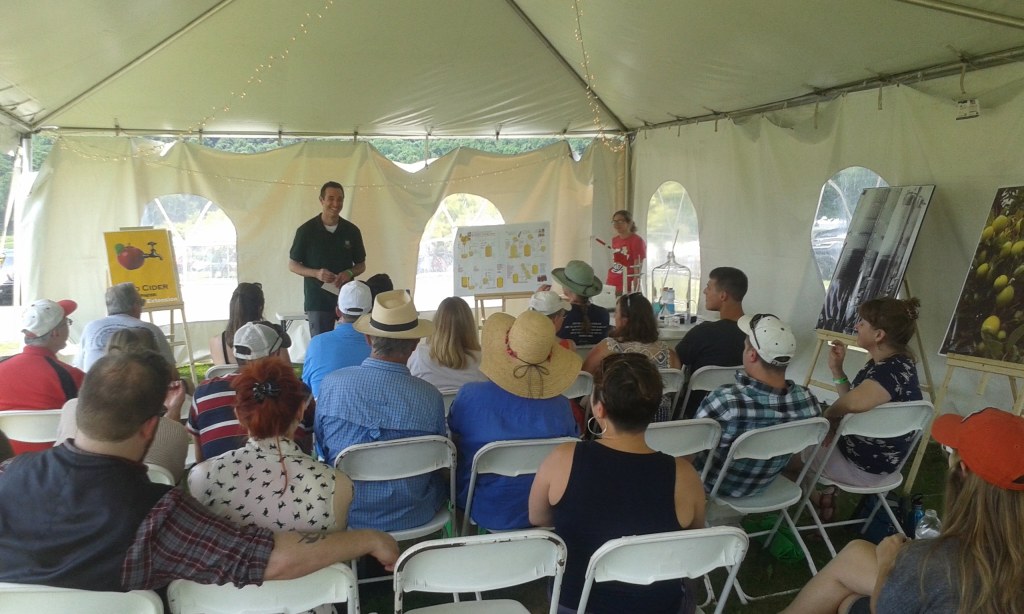
I was surprised when eleven days before the first annual Pennsylvania Cider Fest, I was invited to speak. I quickly wrote a talk, “Old Cider in New Bottles,” focused on researching and recreating historically-inspired ciders. I had no idea if anyone would be interested in hearing this talk. After all, people were coming for cider, not cider history. While it wasn’t standing room only, there was a good crowd who were interested and asked fantastic questions. I am honored to say that some of those attendees remain good friends.
2017 First Time Asking “Did Prohibition Prohibit Cider?”
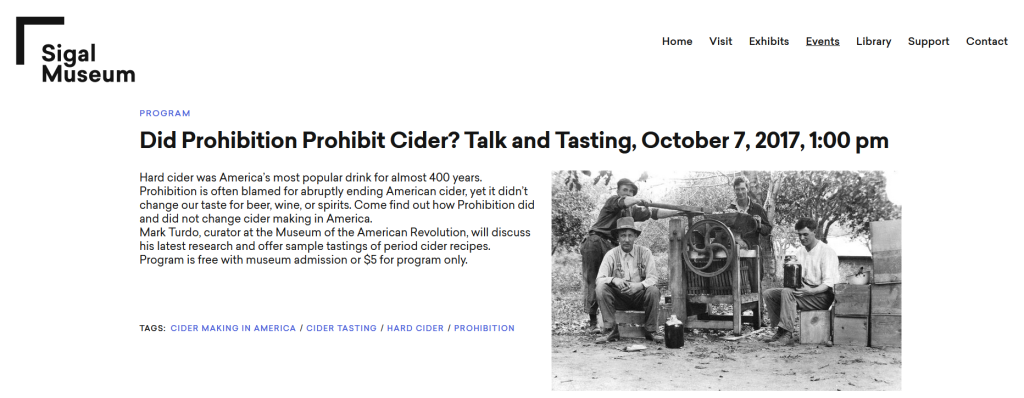
Temperance and Prohibition are thought to be the villains of America’s cider story. But were they really? I had begun researching this question, again, because it sounded like too good a story, but I didn’t really have a plan for the research. Then the Northampton County Historical Society asked if I could do something about cider and Prohibition. I wrote “Did Prohibition Prohibit Cider?” to show that the reality of Prohibition and cider is stranger and more interesting than the oft-told tale.
2018 A Cider History Timeline For the PA Cider Guild
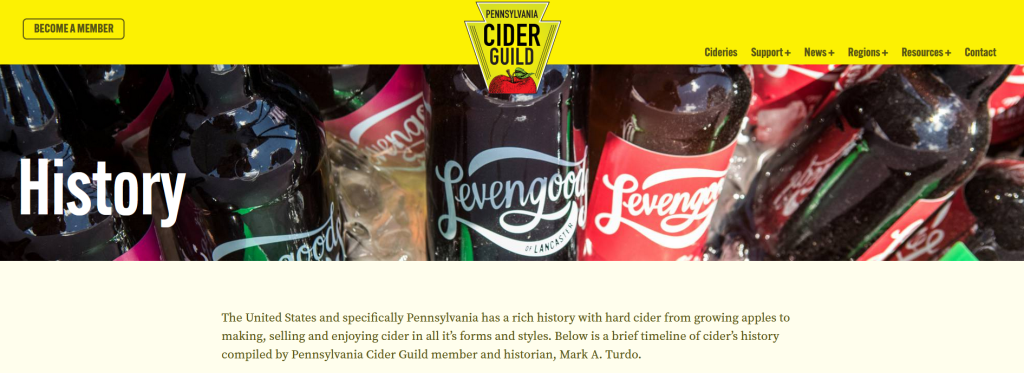
I had been contributing small bits to the PA Cider Guild since 2016. Mostly talks and a little research. So I was honored when they asked me to write a timeline of American and Pennsylvania cider history. Naturally, I took a shot at the Prohibition story in the 1920 entry.
2019 Ireland and Irish Cidermaking
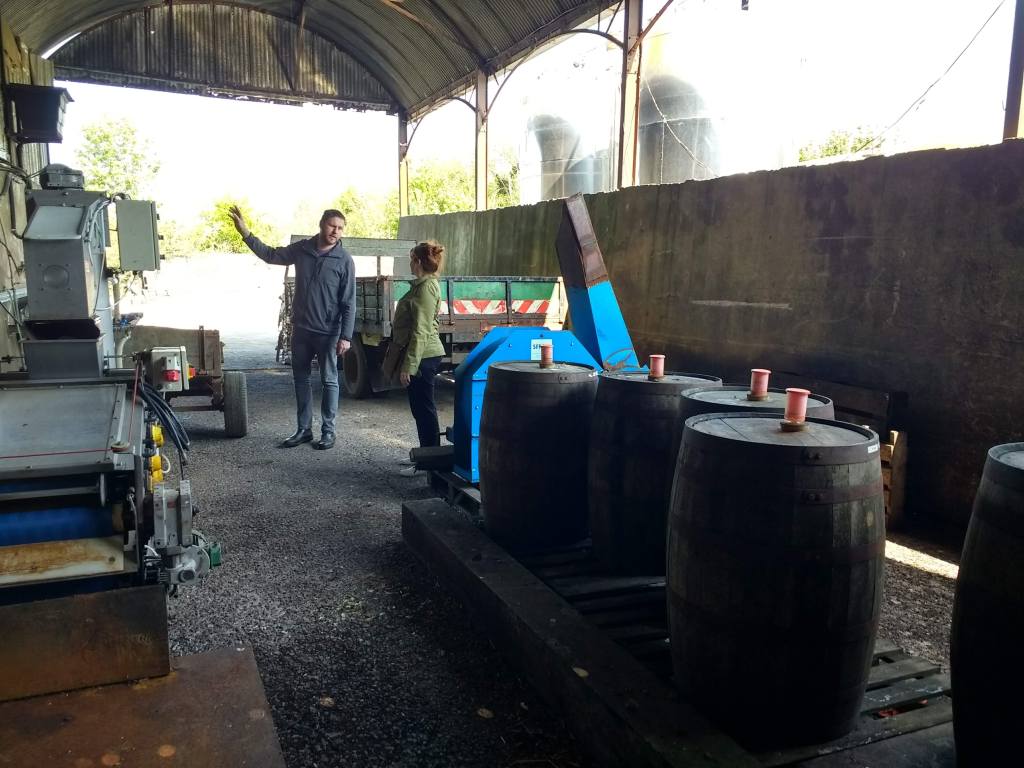
My wife and I took a belated honeymoon to Ireland. Before we went, she reached out to the staff at Longueville House to see about a tour. They graciously agreed. Their manager spent a good part of the day with us. He showed us their orchards, their cider house, and their distillery. Afterwards, we tasted their ciders and brandy. It was an inspiring day for me. They made wonderful ciders with a very stripped-down process. I continue to think a lot about their cidermaking and ciders (occasionally while nipping at the remaining brandy bottle).
2020 Locked Down and World Wide
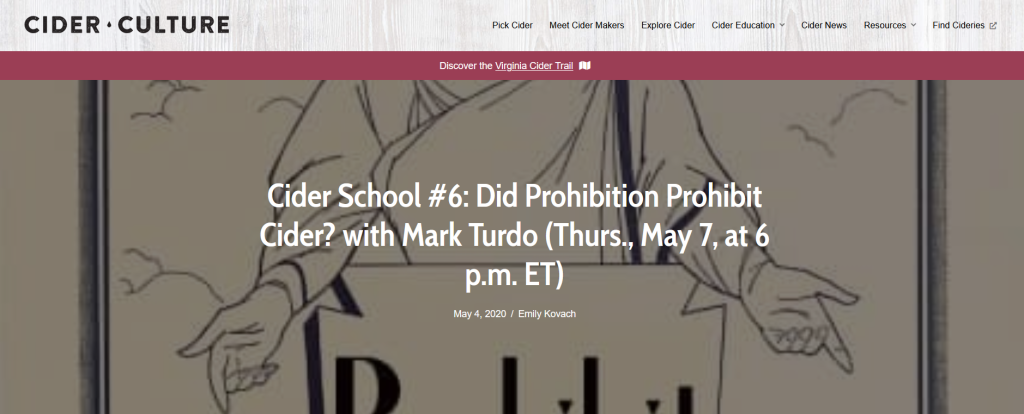
When the pandemic abruptly ended in-person gatherings, I thought it was going to be a while before I got to give another cider talk. But the world pivoted quickly and I had an opportunity to come along. That May, Cider Culture reached out to ask if I would be interested in offering a virtual program for their new “Cider School” program. It was a wonderful opportunity to reach a national audience. Plus, it was a lovely bit of contact at a moment when we had no idea how long the stay-at-home directives would last.
2021 Guest Lecturer With the Alcohol Professor
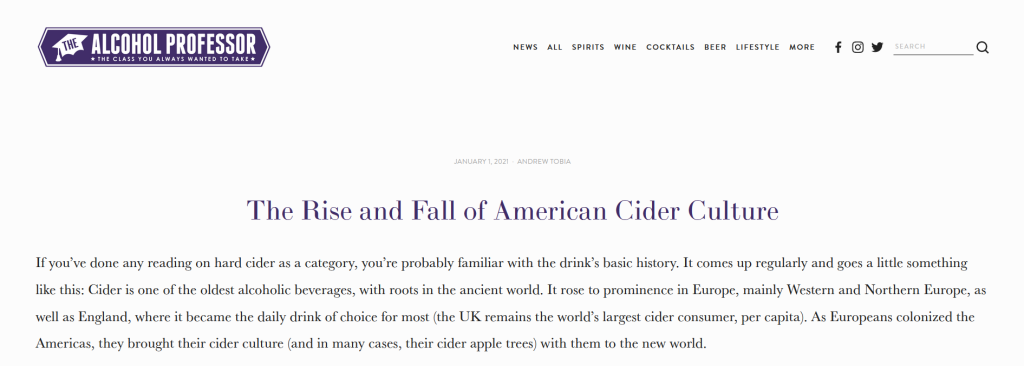
Andrew Tobia of the Alcohol Professor website reached out to see if I wanted to talk about cider and Prohibition, which of course I did. We had a wide-ranging conversation, talking about everything from Temperance and Prohibition to why the story is popular today. Despite the number of people who told me they read it and it changed their mind, the story that Prohibition killed cider is, like an off-flavor we can’t seem to get rid of, still there. It’s job security, I guess.
2022 In the Pink at Philly Cider Week
Having survived the pandemic (so far), this year saw a huge increase in in-person talks. Among them was an invitation to share some thoughts on historic ciders and cider tastes with restaurant owners, cidermakers, and cider enthusiasts at this year’s Philly Cider Week. The venue offered this Pepto pink restaurant trash can as my lectern. I’m still disappointed that I wasn’t the one who joked that I gave a trash talk.
Not captured in everything above are the real highlights of the last ten years – the friends, old and new, who have been so supportive with their time, talent, and interest. It turns out, there are people besides me interested in all this. They have helped shape my view of cider history and its connections to today. More importantly, so many have taken time to just sit, drink, and chat. Precious gifts in a hectic world.
Thank You All!
Whether it’s on the blog, in a lecture hall, in an open field, or in a barroom, I’m looking forward to another ten years of learning, sharing, and chatting about cider and cider history.

